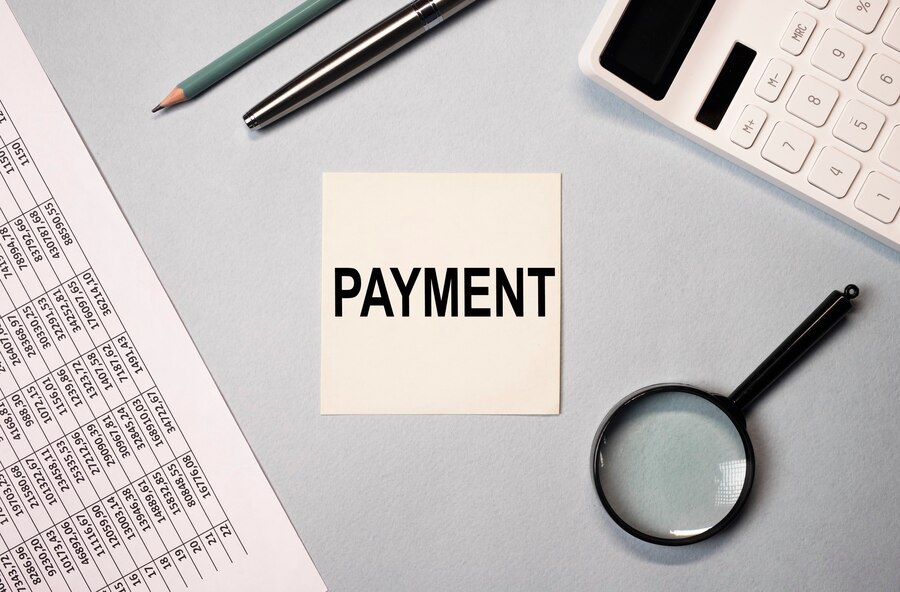
A prepayment settlement is a financial arrangement where a borrower pays off a debt or loan before its scheduled maturity date. This type of settlement can occur in various financial contexts, including mortgages, auto loans, personal loans, and business financing agreements. Prepayment settlements offer benefits for both borrowers and lenders, albeit with potential implications for each party.
For borrowers, prepayment settlements provide an opportunity to reduce the overall cost of borrowing and gain financial flexibility. By paying off the debt early, borrowers can save on interest charges that would have accrued over the remaining term of the loan. This can result in significant savings, especially for long-term loans with high interest rates. Additionally, eliminating debt ahead of schedule can improve the borrower's financial standing and creditworthiness, potentially leading to better loan terms and future borrowing opportunities.
Furthermore, prepayment settlements allow borrowers to free up cash flow by eliminating monthly loan payments. This extra liquidity can be redirected towards other financial goals, such as savings, investments, or discretionary spending. It can also serve as a buffer against unexpected expenses or economic downturns, providing a greater sense of financial security.


For lenders, prepayment settlements represent a potential loss of future interest income and may disrupt the expected cash flow from the loan. However, lenders can mitigate these risks by incorporating prepayment penalties or fees into the loan agreement. These penalties discourage borrowers from paying off the debt early or compensate the lender for the lost interest income.
Despite the potential drawbacks for lenders, prepayment settlements can also benefit them in certain ways. For instance, lenders can use the funds received from prepayments to originate new loans, thereby generating additional revenue. Moreover, early repayment reduces the lender's exposure to default risk, as the borrower's obligation is fulfilled sooner than anticipated.
It's essential for both borrowers and lenders to carefully consider the terms and implications of prepayment settlements before entering into such agreements. Borrowers should assess whether the savings from early repayment outweigh any prepayment penalties or fees. They should also ensure that they have sufficient funds to cover the prepayment amount without jeopardizing their financial stability.
Similarly, lenders should evaluate the potential impact of prepayments on their portfolio and financial performance. They should establish clear prepayment terms and penalties to protect their interests while remaining competitive in the lending market. Additionally, lenders should communicate effectively with borrowers regarding prepayment options and associated costs to maintain transparency and trust.


